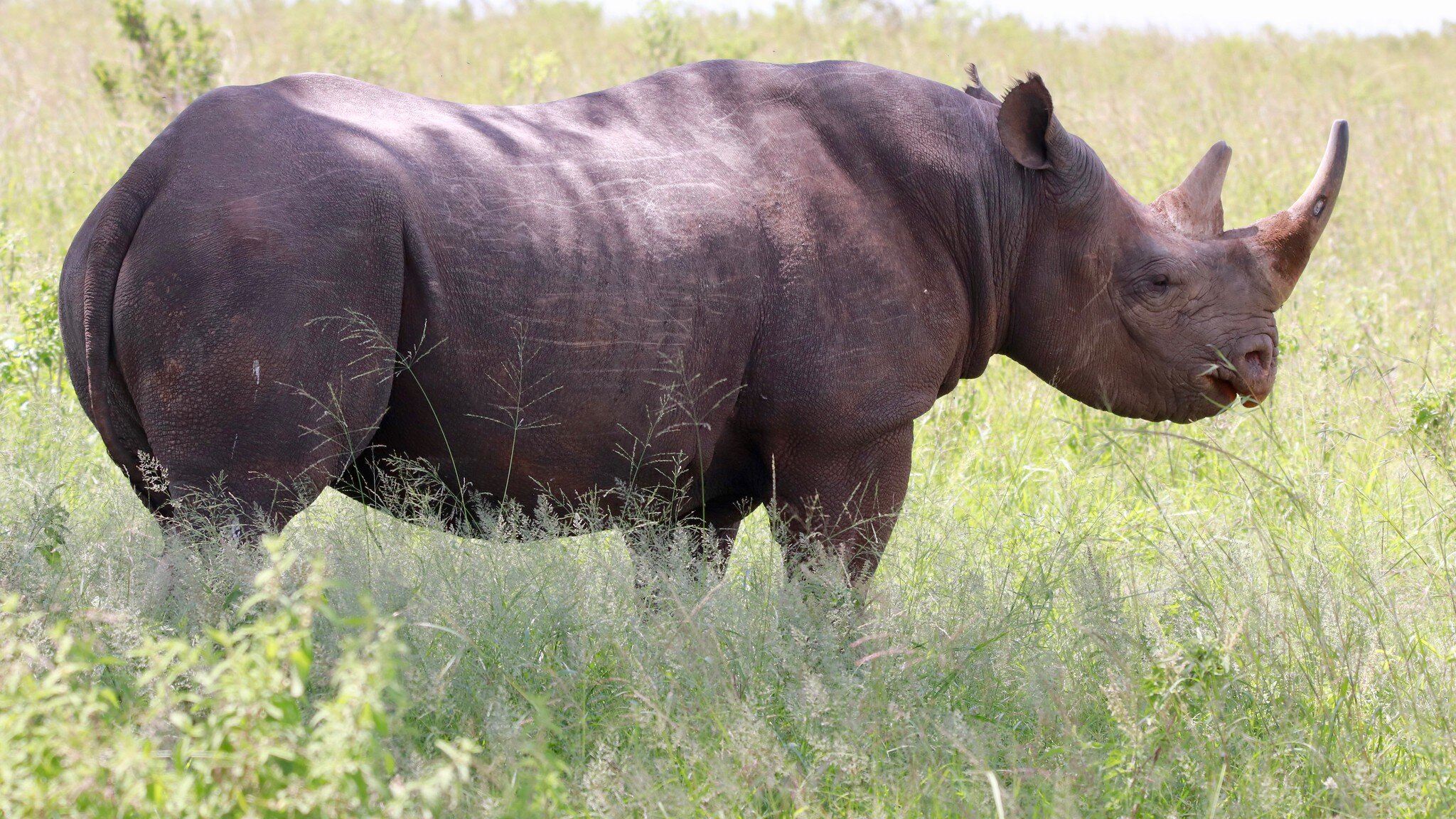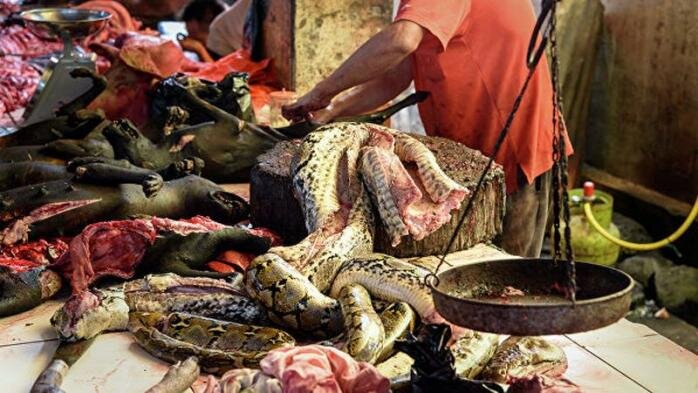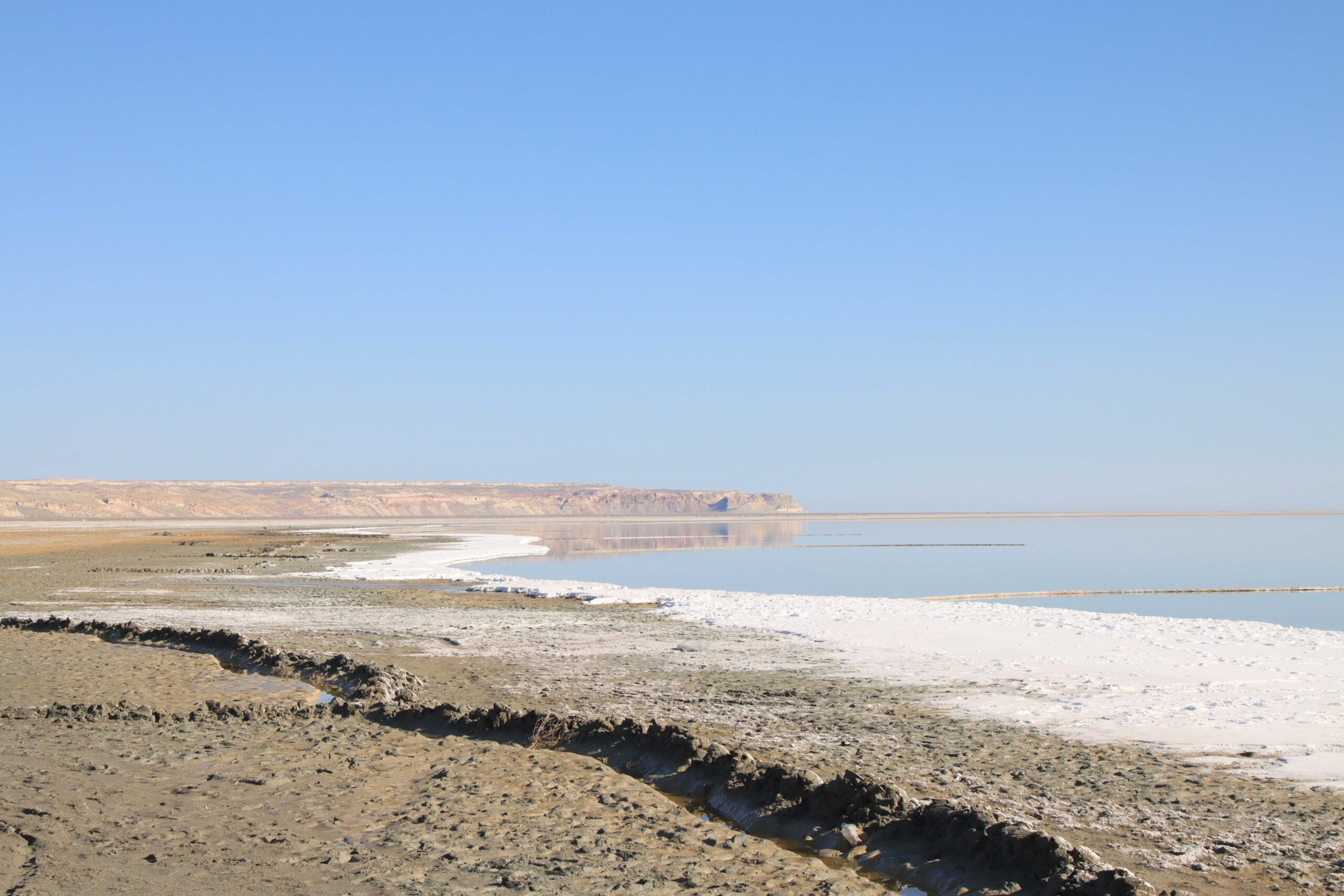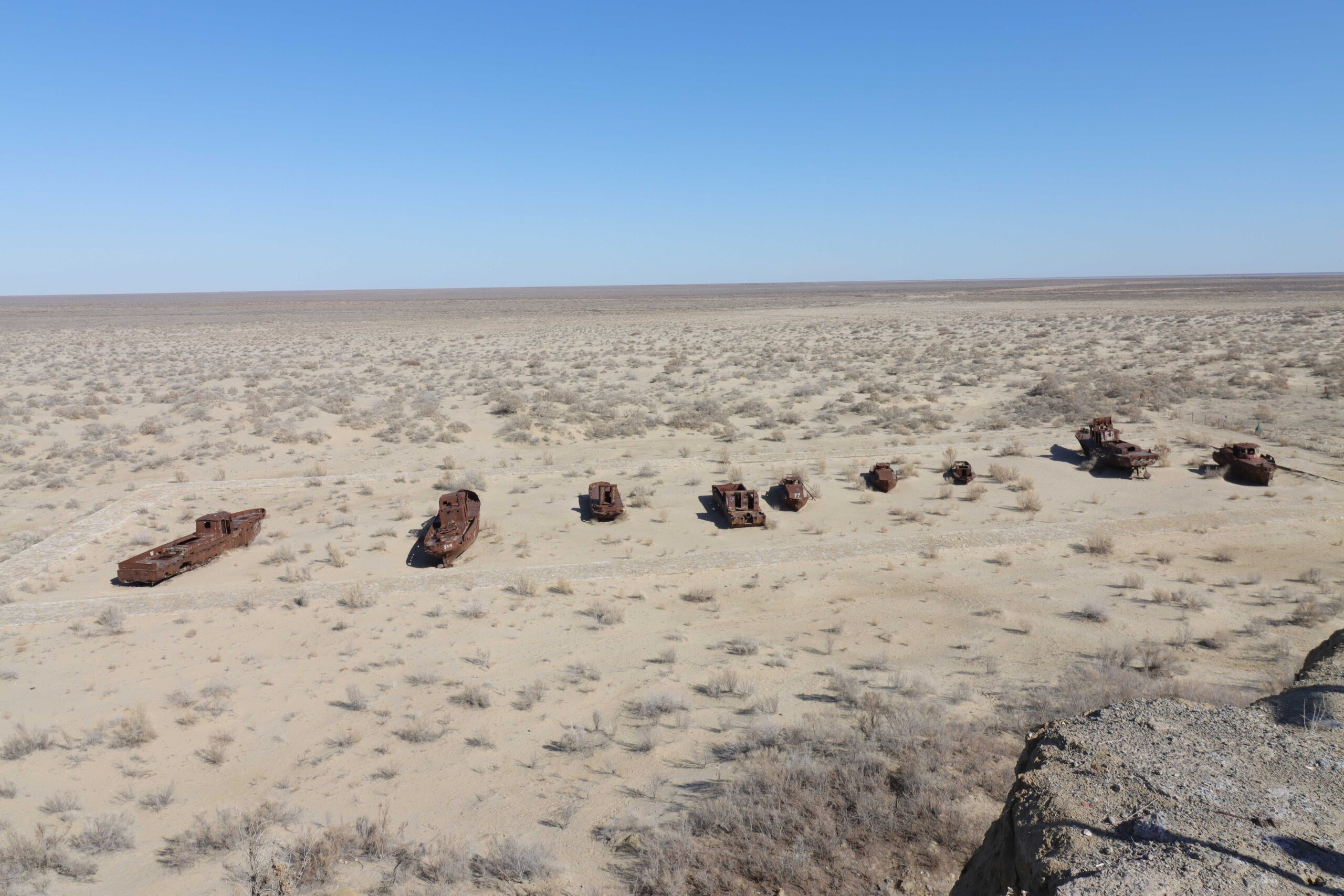Kenya. January 2019. PICTURED: Black rhino in Masai Mara’s green season. Photo credit: Kandukuru Nagarjun. CC 2.0
After research suggested it was contact between a bat, pangolin, or possibly a sivet with humans in the wet markets of Wuhan, China, which created the now infamous COVID-19, the Chinese government announced a sweeping ban on the trade and hunting of all wildlife.
There’s a good chance that she was right to do so, as markets in China are the destination for thousands of tons of pangolin scales, rhino horn, shark fin, elephant ivory, tiger parts, in addition to millions of living animals destined for slaughter for medicinal or dietary purposes.
Chinese traditional medicine, and the trade that sustains it has represented one of the most significant hurdles in the struggle to preserve endangered wildlife, as well as likely one of the largest culprits in many of them becoming endangered in the first place.
Many viruses arise from contact between humans and animals – most recently Ebola, which as reported by the Center for International Forestry Research, (CIFOR) was transmitted to humans from bats, but that arose as a result of deforestation and the subsequent increased contact between bats and humans.
However it is also true that some of the most significant relatives of the SARS2-CoV-2 have sprung not from wild animals living in muck and tooth-and-claw wilderness, but from animals which live among us – rats, in the case of the bubonic plague, chickens in the case of the avian flu, and pigs in the case of the Spanish flu, which killed 40 million people.
PICTURED: The typical bushmeat trader offers snakes and other animals on market day, a common sight in the third world. Photo credit: Катрін. CC 4.0 Int.
The Bushmeat Trade
Unknown to the minds and stomachs of many in developed countries, hundreds of millions – perhaps over a billion people – not only consume wild animals and fish as food, but rely on it for all their protein, fats, and many of their micronutrients.
Perhaps unsurprisingly, these also include some of the poorest communities and racial groups on earth. This is another massive contributor to the decrease in wildlife numbers in Latin American, Africa, and Asia. In Zimbabwe’s Save Valley Conservancy for example, 55.4% of poachers told researchers that they spent the money they made from selling poached bushment (wild animals) on clothing, 47.3% said school fees, and nearly every single one said food.
With such a reliance on wild meat for the basics of life, a hard global ban on hunting and sale of wild meat would likely deprive communities like these of not only good sources of protein, fats, and micronutrients needed for brain development, but also the income needed to pay for essentials like food and clothing.
This is one of the reasons why the UN Food and Agriculture Organization launched its Sustainable Wildlife Management Program, and also why the Center for International Forestry Research is pushing back against the ideas of banning the hunting and sale of wild animals in countries like China or others.
Far from advocating for the legal trafficking of rhino horn for example, CIFOR made their statement of intent in simple terms: “nations should forbid the sale of live animals, close markets selling live animals, stop wildlife trafficking and stem the trade of wild animals from forests to cities.”
“By doing this, we help conserve wildlife in their habitats and enable communities to use this resource. Research shows that city dwellers do not rely on wild meat as the only source of animal protein, since other affordable sources of meat are available,” they add.
A perfect example of this recommendation are the Lisu people, a Chinese ethnic minority of Yunnan also living in Myanmar that number about 500,00 and maintain strong hunting traditions. Not only does hunting supplement their diet of terraced agriculture, a difficult practice in the poor-quality quasi-tropical soil, but plays a role in local religious customs as well as supplementing their income by selling meat to nearby towns.
Intrepid conservationists Richard B. Harris and Ma Shilai published a report on their activities trying to convince Lisu hunters to adopt land-stewardship attitudes in the face of degraded numbers of animals.
Live animals, trafficked and shipped in cages, held in horrendous conditions and sold alive on the streets of major cities, is, as CIFOR described, a problem that sweeping government legislation should prohibit in the face of the COVID-19 outbreak. However the cart should not, as CIFOR suggests, come before the horse – and the hunting of animals in extremely rural areas and sale of animals in those areas should be allowed to continue, as they are an important part of local diets, traditions, and economies.
Wild meat is also a part of the attraction for tourists and travelers visiting farther-flung regions of the world. In Southern Africa for example, kudu, zebra, oryx, and springbok are all commonly consumed – even in fine restaurants, and add incentives for people to visit rural places and inject capital into those economies.
Bans on trafficking and international coordination should be supported. Bans on the trade and importation of rhino horn, along it should be said, with the reduction of poverty and food insecurity around game reserves, has brought African rhino populations out of the endangered zone for some species of late. American hunting and vendoring laws could do the Lisu people, or the whoever it was who supplied the wet markets of Wuhan well enough.
The Lacy Bird and Game Act of 1902 prevents the sale of a hunted animal outside the state which it was killed in, and granted game wardens the authority to seize animal parts in transit. A simple ban like this would prevent bushmeat hunters stocking wet markets across China and Africa’s major cities, and reduce the chance of outbreaks like COVID-19 from happening, at least from contact with wild animals.




